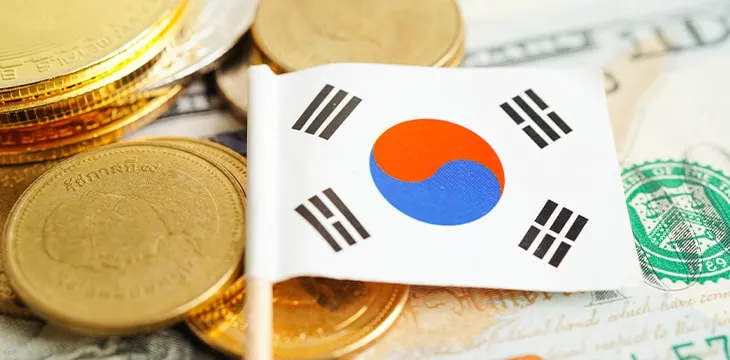|
Getting your Trinity Audio player ready...
|
South Korea’s government has amplified its efforts to crack down on digital asset tax offenders in the country by confiscating their holdings. Local news outlet mk.co.kr reported that the seizures from the government amounted to a staggering KRW260 billion ($182.3 million).
The seizures took place over two years, starting when the South Korean administrators passed a law authorizing the confiscation of the assets of tax evaders. The country’s Ministry of Strategy and Finance, Ministry of Public Administration and Security, and the National Tax Service collaborated in the confiscation spanning 17 provinces.
A total of KRW126.3 billion ($88.5 million) was seized for failing to pay national tax. In comparison, KRW83.4 million ($58,500) was confiscated by law enforcement for failing to comply with local tax requirements in their jurisdictions. The region of Seoul, Incheon, and Gyeonggi-do have the bulk of tax offenders and amounted to 30% of the total seizure, with Gyeonggi-do recording over KRW53 million ($37,176) seized.
A resident in Seoul was responsible for the largest individual seizure as the report noted that a staggering KRW12.49 billion ($8.7 million) was obtained from him. Authorities confirmed that he owed KRW1.43 billion ($1.003 million) in local taxes, and in accordance with the law, they seized his holdings comprising up to 20 different virtual assets, including BTC.
The tax rules provide that authorities have the power to sell confiscated digital assets at the current market price to recover the tax arrears. However, some persons have cast aspersions on the law because it has streaks of draconianism in it.
“The law and policy guarantee a stable investment environment for virtual currency, but fair taxation principles must be applied to the tax borne by citizens,” said Rep. Kim Sang-hoon.
The new regime and new laws
In March, South Korea elected a pro-virtual currency president after a heated presidential race. Yoon Suk-Yeol, South Korea’s new president, pledged to “overhaul regulations that are far from reality and unreasonable” to stimulate growth in the country’s digital assets ecosystem.
Yoon’s administration has postponed the 20% tax on virtual currency gains over $1,900 or KRW2.5 million until 2025. The law’s implementation is shifting due to the “stagnant” market conditions and the need to enact new rules to protect investors.
Despite Yoon’s best efforts to improve the sector, Terra’s crash in May has dragged the ecosystem two steps backward as regulators beam the searchlight on operators for their role in the event.
Watch: The BSV Global Blockchain Convention panel, Law & Order: Regulatory Compliance for Blockchain & Digital Assets

 07-12-2025
07-12-2025 





